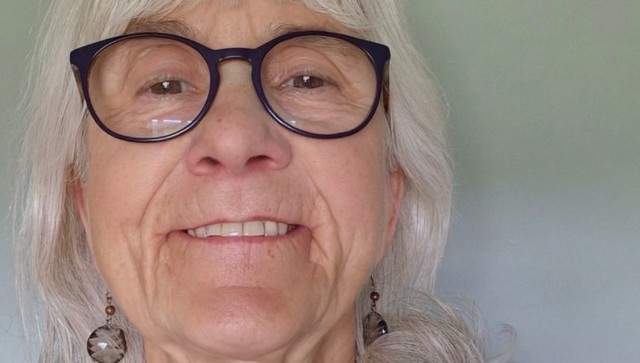No pain, no gain, they say. But a British woman has experienced no pain in her life. Wonder how. Jo Cameron, 75, has a rare mutation, which prevents her from ever experiencing fear or anxiety. But how exactly is this possible? Let’s understand. Also read: Will humans be able to grow young again after study makes reverse ageing possible in mice? A woman lives a pain-free life Jo Cameron, a Scottish woman, is able to avoid feeling pain thanks to mutations in the FAAH-OUT gene, according to researchers at University College London (UCL). The same biological mechanisms are thought to speed up wound healing. The findings, which were reported in the journal Brain, according to the researchers, pave the way for future studies on new medications for the treatment of pain and wound healing. “I think these findings will have important implications for areas of research such as wound healing, depression and more, “ Dr Andrei Okorokov, of UCL Medicine, a senior author of the study said. The mum-of-two, a Highlands resident who lives close to Loch Ness, made news in 2019 when UCL researchers revealed that she had mutations in the FAAH-OUT gene, a gene that had not been previously known to cause pain, stress, or anxiety. Also read: Genetic testing for cancer: Why it makes sense How is this possible? Professor James Cox of UCL Medicine, who is also a senior author of the study, stated, “By understanding precisely what is happening at a molecular level, we can start to understand the biology involved and that opens up possibilities for drug discovery that could one day have far-reaching positive impacts for patients.” The condition was first discovered when the former teacher was 65. According to The Sun, she says, “I knew that I was happy-go-lucky, but it didn’t dawn on me that I was different. I thought it was just me. I didn’t know anything strange was going on until I was 65.” She told BBC in an interview in 2019, “We had banter before theatre when I guaranteed I wouldn’t need painkillers. When he found I hadn’t had any, he checked my medical history and found I had never asked for painkillers.” She recalled that she had not even experienced pain during labour, describing the experience as “quite enjoyable”. Although she had not felt any pain, she was seeking treatment for a hip problem at the time, which turned out to involve serious joint degeneration. Months later, she underwent hand surgery at Raigmore Hospital in Inverness, and she reported no pain afterwards, despite the fact that the procedure is typically excruciating. On the basis of their research, the scientists discovered that the FAAH-OUT mutation “turns down” the expression of the FAAH gene, which is linked to pain, mood, and memory. The scientists found that Cameron’s case had significantly lower enzyme activity levels in the FAAH gene. Additionally, they examined tissue samples to investigate how mutations in the FAAH gene affected other molecular pathways. They discovered increased activity in the WNT16 gene, which has previously been connected to bone formation. The researchers also discovered changes in the BDNF and ACKR3 genes, which they think may be responsible for Cameron’s lack of anxiety, fear, and sensation of pain. The FAAH-OUT gene is just one small portion of a massive continent that this study has started to map, according to senior author Dr Okorokov. “As well as the molecular basis for painlessness, these explorations have identified molecular pathways affecting wound healing and mood, all influenced by the FAAH-OUT mutation. As scientists, it is our duty to explore and I think these findings will have important implications for areas of research such as wound healing, depression and more," he said, according to Independent. Cameron leads a comfortable existence free of painful circumstances and adrenaline rushes, yet she views pain as a warning sign that she is missing something. “Pain is there for a reason, it warns you - you hear alarm bells - and it would be nice to have warning when something’s wrong,” The Sun quoted her as saying. There are only two known carriers of the mutant gene in the world, including Cameron. With inputs from agencies Read all the Latest News , Trending News , Cricket News , Bollywood News , India News and Entertainment News here. Follow us on Facebook, Twitter and Instagram.
Scottish woman Jo Cameron, 75, is able to avoid feeling pain thanks to mutations in the FAAH-OUT gene. It had not been previously known to cause pain, stress, or anxiety. The same biological mechanisms are thought to speed up wound healing
Advertisement
End of Article


)

)
)
)
)
)
)
)
)



